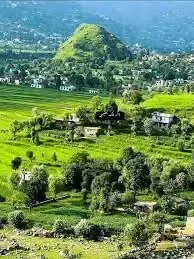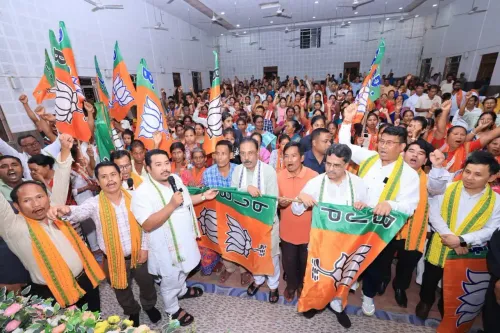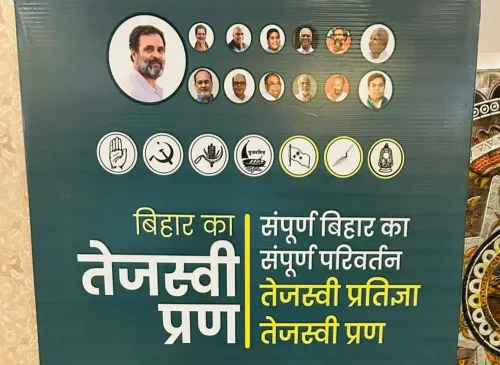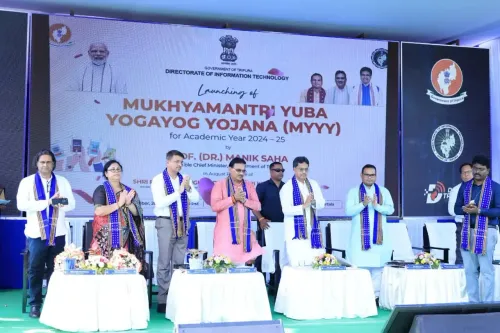Toxins Confirmed as Cause of Deaths in Rajouri, J&K; SIT Initiated

Synopsis
Key Takeaways
- Deaths in Rajouri linked to toxins.
- Special Investigation Team (SIT) established.
- Over a dozen fatalities, including children.
- Samples analyzed by CSIR-IITR.
- No viruses or bacteria found.
Jammu, Jan 16 (NationPress) The government of Jammu and Kashmir announced on Thursday that the fatalities in the Rajouri district over the past month resulted from toxins rather than any contagious illnesses. In response, the police have established a Special Investigation Team (SIT) to explore potential criminal connections.
Since December 7, 2024, more than a dozen individuals, including seven children, have lost their lives in Badhaal village within the Kotranka sub-division of Rajouri due to an unidentified ailment.
The government of the union territory stated that toxins were detected in samples reviewed by the Council For Scientific And Industrial Research-Indian Institute of Toxicological Research (CSIR-IITR). The findings from CSIR-IITR confirmed the absence of any virus or bacteria in the tested samples.
Upon receiving these results, the J&K government prompted the police in Rajouri to form a special investigation team (SIT) to delve into any potential criminal implications surrounding the fatalities.
The initial death in this sequence of fourteen occurred on December 7, 2024, where five members of a family of seven were among the victims.
On December 12 of the previous year, three individuals from a family of nine also perished in the same locality.
A child who was admitted to the SMGS hospital in Jammu on January 12 remains critically ill.
In statements to reporters on Wednesday, J&K Health and Medical Education Minister Sakina Itoo clarified that no viral or bacterial illnesses had led to the deaths in Badhaal village, and both police and the Rajouri district administration have been tasked with investigating any criminal elements associated with these tragedies.
Expert teams from various regions of the union territory and from external sources visited the village to gather samples.
These samples were forwarded to the National Centre for Disease Control (NCSC) in New Delhi, the National Institute of Virology in Pune, the National Institute for Toxicology and Research in Lucknow, the Defence Research and Development Establishment in Gwalior, the Microbiology Department of PGI in Chandigarh, and the ICMR Viral Research and Diagnostic Laboratory in Jammu.
To alleviate community concerns, the J&K government dispatched teams of medical professionals alongside food safety officials to collect food and water samples from the impacted regions.
Mobile medical units and door-to-door health screenings were implemented, while rapid response teams, comprised of epidemiologists, microbiologists, and other specialists, conducted thorough screenings and gathered samples. Over 3,500 residents in Badhaal and surrounding villages underwent screenings to detect the pathogen.









